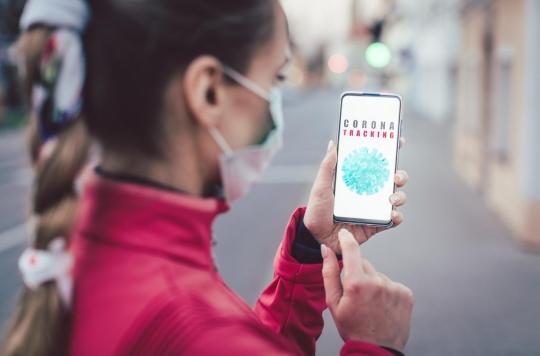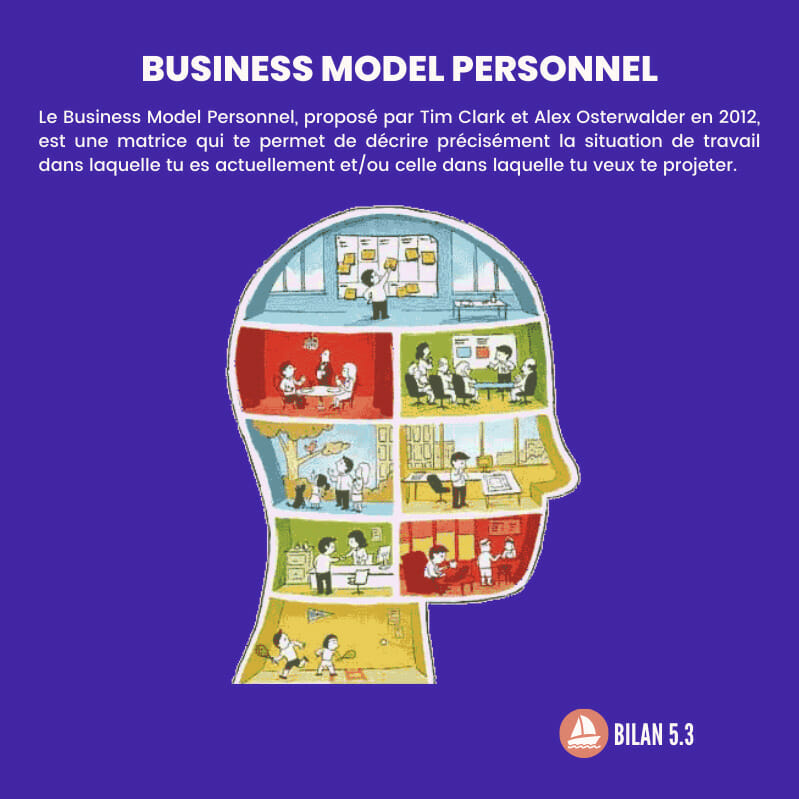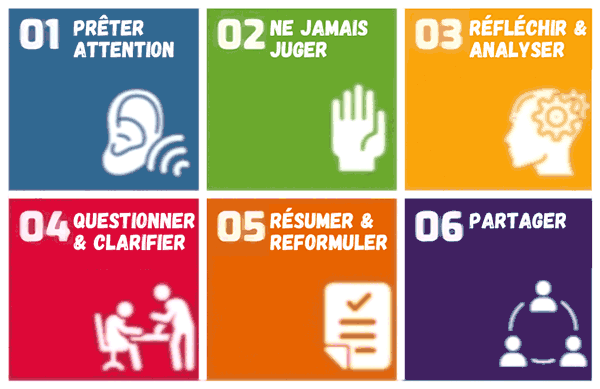A team of researchers has developed artificial intelligence that can perform 89% accurate Covid-19 tests by analyzing the voice of patients through a mobile application.

- There were 16,399 new cases of Covid-19 in France as of September 2, 2022 (-8% in two weeks). 799 are currently in intensive care.
- In France, 154,189 people died from Covid-19 (55 more on September 2).
Do a Covid test with simple voice recordings? A team of dutch researchers wanted to know if it was possible.
Covid-19 typically affects the upper respiratory tract and vocal cords, causing changes in a person’s voice. The researchers therefore analyzed the data from the application “COVID-19 Sounds” developed by the University of Cambridge.
The latter contains 893 audio samples from 4,352 participants, 308 of whom had tested positive for Covid-19. After installing the app on their phone and answering a questionnaire about their health, participants are asked to record breathing sounds in it: cough three times, breathe deeply through their mouth three to five times and read a short sentence to the screen three times.
89% accuracy
To study this data, the researchers used a voice analysis technique that identifies different voice characteristics such as loudness, loudness and variation over time. They were thus able to distinguish the voice of patients with Covid-19 from that of those who did not have the disease. From there, they were able to build different artificial intelligence (AI) models and assess which worked best for classifying Covid cases. The selected AI model is 89% accurate in determining positive cases and 83% accurate in determining negative cases.
A promising test method
This method of testing by voice recording is promising: the tests can be provided free of charge, remotely and in less than a minute. They could be used, for example, in low-income countries where PCR tests are expensive and/or difficult to distribute or at entry points for large gatherings, allowing rapid screening of the population. It also demonstrates the potential of AI and mobile apps to improve outbreak management.

















